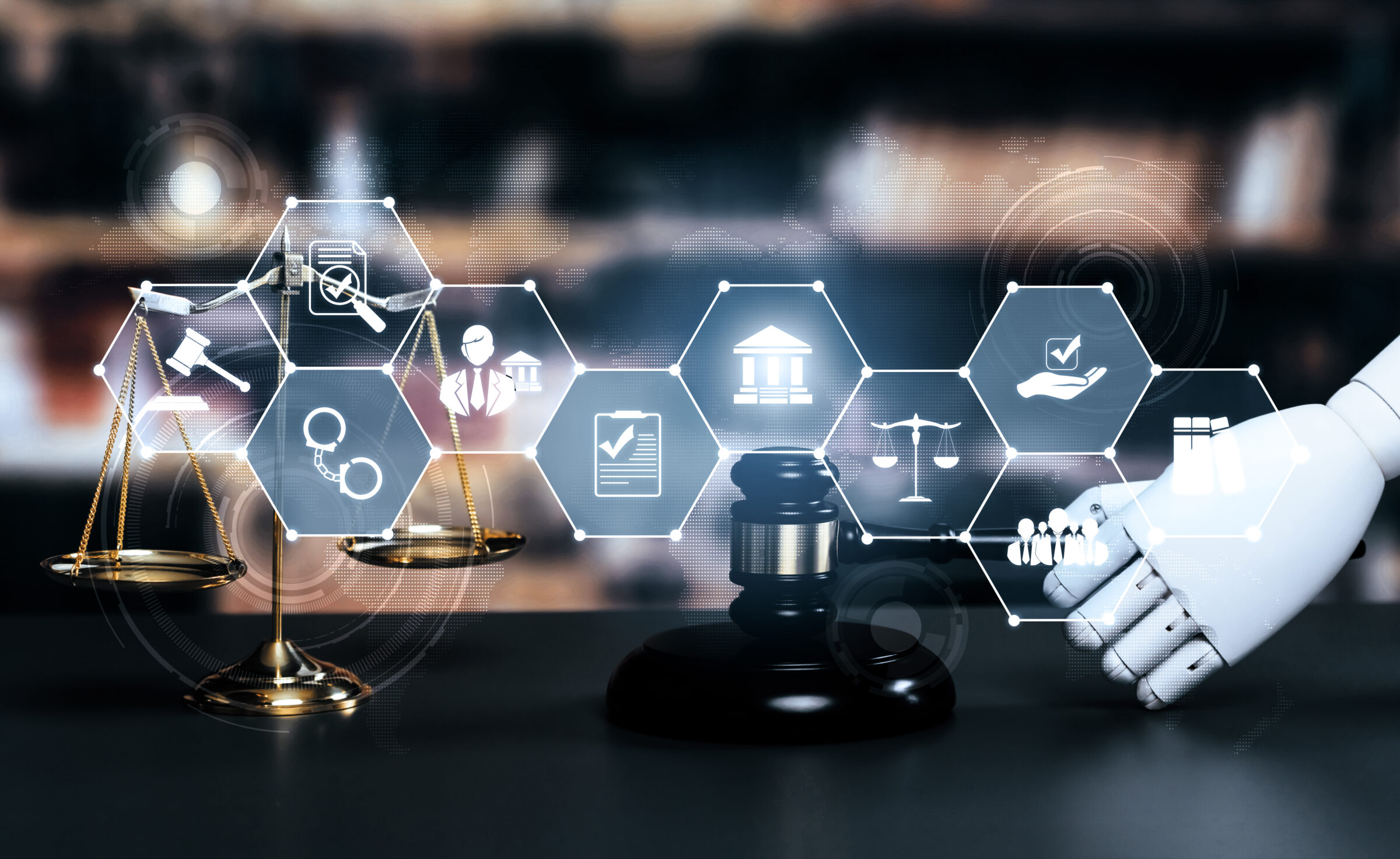Legal education is experiencing a significant transformation as artificial intelligence (AI) technologies become part of the curriculum. With the legal profession rapidly evolving, law schools must equip future lawyers with the skills to thrive in a tech-driven environment. Steve Mehr, founding partner of Sweet James law firm, highlights the importance of nurturing and educating the next generation of attorneys to make a meaningful impact on the legal system. He explains, “Through mentorship and community engagement, we empower future lawyers to confidently shape the future of our field.” Integrating AI in legal education not only enhances learning but also prepares students for the complexities of modern legal practice.
Enhancing Learning through AI Tools
AI technologies offer innovative solutions to the challenges faced in traditional legal education. For example, AI-powered platforms can simulate courtroom scenarios, providing students with practical, hands-on experience in a controlled environment. These simulations enable students to develop critical thinking and decision-making skills by navigating complex legal issues in real-time. Additionally, AI-driven tools personalize learning experiences by tailoring content to individual student needs and pacing, thereby improving comprehension and retention.
Improving Research Skills
The integration of AI tools in legal education extends to revolutionizing research methods. AI-powered platforms like ROSS Intelligence and LexisNexis utilize natural language processing (NLP) to quickly and accurately analyze vast amounts of legal data. These tools enable students to efficiently find relevant case law, statutes, and legal precedents. By reducing the time spent on research, students can focus more on developing analytical skills and crafting compelling legal arguments.
Preparing for a Tech-Driven Legal Landscape
Technological advancements are reshaping the legal profession, making it crucial for law schools to prepare students for this dynamic environment. Understanding AI and its applications in law is essential for future lawyers. Courses on AI ethics, data privacy, and cybersecurity have become integral parts of the curriculum, ensuring students are knowledgeable about the legal implications of technology. AI also enhances legal education itself; AI-driven analytics can assess student performance, identify areas for improvement, and provide targeted feedback. This data-driven approach helps educators refine their teaching methods and better support student development.
Bridging the Gap between Theory and Practice
One of the significant challenges in legal education has always been bridging the gap between theoretical knowledge and practical application. AI addresses this challenge by providing students with access to virtual internships and legal clinics. These AI-powered platforms simulate real-world legal work, allowing students to apply their knowledge in practical settings. This experiential learning is invaluable in preparing students for the realities of legal practice.
Steve Mehr highlights the importance of integrating modern business principles and technology into legal practice, saying, “Embracing these principles can turn a small firm into a major player in the legal world.” This perspective highlights the need for future lawyers to be adaptable and forward-thinking, ensuring they can thrive in an ever-evolving industry.
Embracing AI: The Future of Legal Education
The integration of AI in legal education is fundamentally changing how firms like Sweet James are training their attorneys. By incorporating AI tools, law schools are enhancing learning experiences, improving research skills, and preparing students for a rapidly evolving, tech-driven legal landscape. This approach ensures that graduates are not only competent in traditional legal practices but also adept at leveraging modern technology to their advantage. As AI technology continues to advance, its influence on legal education will expand, driving further transformation in the way lawyers are trained. Embracing these changes is essential for the legal profession to remain relevant and effective in the future.

